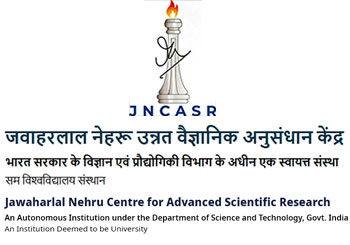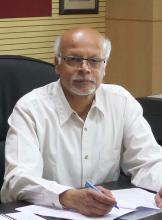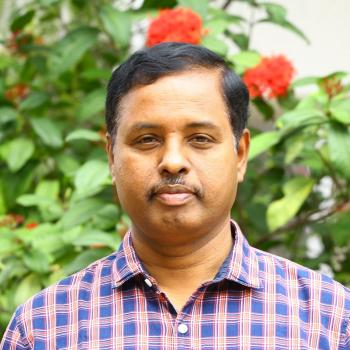एनसीयू
Unit Faculty
Associate Faculty
Fellows
फिलहाल इस अनुभाग के लिए कोई सामग्री उपलब्ध नहीं है, जैसे ही सामग्री उपलब्ध होगी उसे अद्यतन कर दिया जाएगा।
Research Areas
Research Highlights
Research Facilities
Hindi
डिग्री कार्यक्रम
अल्पकालिक कार्यक्रम
इकाई सदस्य
- पिछले पृष्ठ पर वापस जाएं
- |
-
पृष्ठ अंतिम बार अद्यतन तिथि:13-06-2025 12:02 PM


























